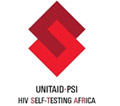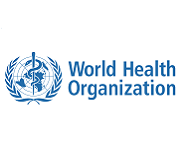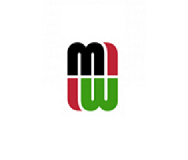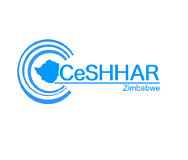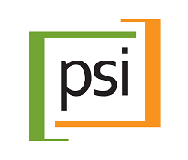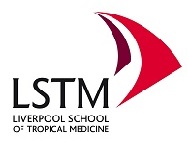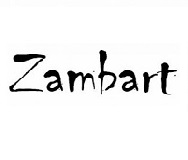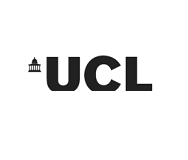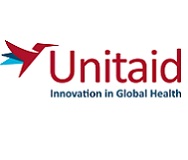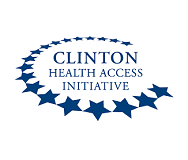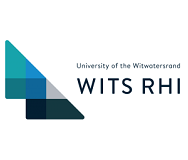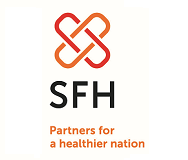Overview of STAR project activities at the African Society for Laboratory Medicine (ASLM) Conference in Cape Town, 3-9 December 2016
By Russell Dacombe (LSTM) and Professor Rosanna Peeling (LSHTM)
This conference represented a unique opportunity to share the preliminary findings from the STAR regulatory research with a wider audience and work with key partners to promote the importance of the regulation of HIV self-tests.
STAR supported a number of events at the conference.
A forum of the Pan African Harmonisation Working Party (PAHWP) was held to discuss strategies for moving the group forward. PAHWP was launched in 2012 with a vision that valuable, quality assured, safe medical devices and diagnostics are made available where needed in Africa. Since its inception, PAHWP has convened a series of regulatory forums to provide a neutral platform whereby representatives from the ASLM, industry and public health programmes could explore collaborative mechanisms to accelerate test evaluation, regulatory review and approval, and post-market surveillance and harmonize medical devices and diagnostics regulation in Africa.
The 2016 forum was held on 3rd December 2016 in Cape Town. The forum objectives were to provide an update on activities of PAHWP and of diagnostic alliances from other regions, and to explore mechanisms for collaboration to accelerate test evaluation, regulatory review and approval among interested stakeholders. The forum was co-chaired by Agnes Kijo from the Tanzania FDA and Chair of PAHWP, and Patience Dabula from NHLS, South Africa, Secretariat PAHWP. Speakers included members of the Global Diagnostic Alliance, Duncan Blair from Alere, USA, Carlos Gouvea, head of the Latin American Alliance for in vitro Diagnostics (ALADDIV) and Koshiba Michikatsu of Mitsubishi UFJ Research Consulting (MURC), Japan representing more than 40 members of the Access to Health Initiative around the world, Farouk Umaru from the U.S. Pharmacopeial Convention and Russell Dacombe from LSTM who spoke on behalf of the STAR project and its needs for regulatory capacity building.
A workshop to build capacity on regulatory science was held as part of the forum. The objective of the workshop was to understand how to assess risks and benefits in reviewing the performance and potential impact of diagnostic tests, using HIV self-tests as an example. Over 90 participants attended the event.
STAR co-hosted a symposium on the “Regulation of HIVST in Africa: Requirements, Readiness and Response,” with the University of Witwatersrand (WITS). This session was chaired by Francois Venter from WITS and included a presentation by Robyn Meurant from the World Health Organization’s Pre-Qualification of Diagnostics group on their assessment criteria for pre-qualification of HIVST. STAR’s Russell Dacombe gave a presentation on Developing Regulatory Pathways for HIVST. There were also country presentations on the readiness for HIVST regulation given by Washington Samukange from Zimbabwe and Mohammed Majam from South Africa.
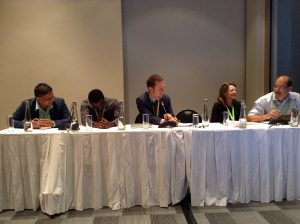
Panel members at the “Regulation of HIVST in Africa: Requirements, Readiness and Response” symposium
Russell Dacombe presented a poster entitled, “Policy and regulatory environments for HIV self-testing in Malawi, Zimbabwe and Zambia,” as part of an oral poster presentation session.
STAR also funded the attendance of senior regulators, policymakers and laboratory staff from the three STAR countries. As well as enabling them to benefit from the numerous sessions on regulation at the conference, STAR also brought them together for a one day workshop, delivered by Russell Dacombe, Victoria Watson and Elliot Cowan, to help countries plan for the regulation of HIVST, to learn from their respective experiences to date, and to help foster positive working relationships between countries and between disciplines within countries.
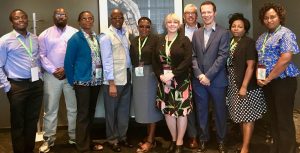
STAR regulatory workshop participants and facilitators

